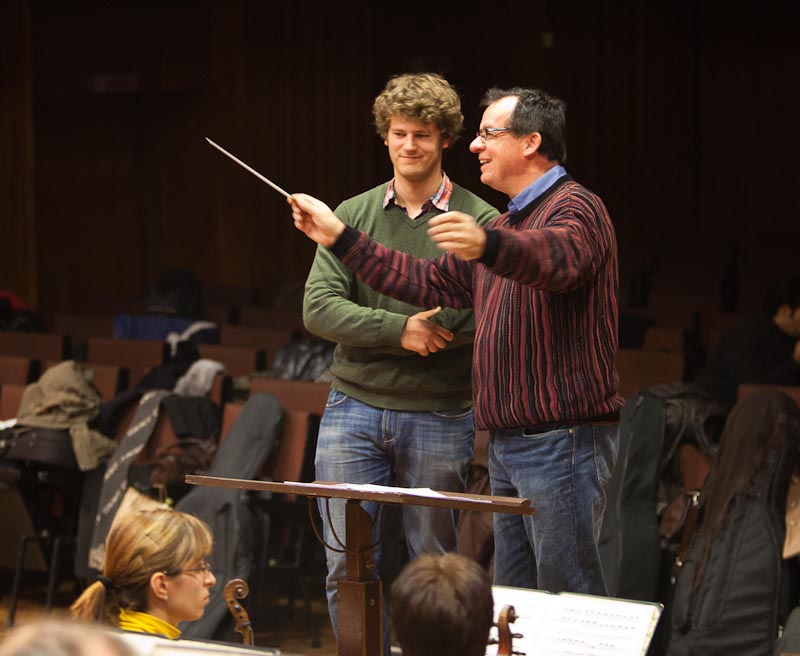
A simple and consistent philosophy of teaching.
“When I am teaching anybody, conductor, cellist, violinist or chamber music group, my goal is to take them from their level now, to their next level. I do not have a set bar for students but want them to progress to their next level."
His philosophy of teaching is simple and consistent.
“When I am teaching anybody, conductor, cellist, violinist or chamber music group, my goal is to take them from their level now, to their next level. I do not have a set bar for students but want them to progress to their next level. That way, the students can see progress in terms of where they were, and what their next goal is going to be rather than a teacher wanting students to see that bar way over their heads and train to jump over that. I am a believer in having goals that are attainable and that students can see.
I especially stress this in conducting, where we are often in workshops with many conductors working on the same repertoire with an orchestra and those students who are not at the top level being disheartened that they will never be as good as the top students. But my goal is to take each and every student, no matter what level they are at, or how long they have been studying, and giving them tools to making them better in the first lessons. That to me, is what teaching is about.
The other part of teaching of course is to teach students how to teach themselves. Often my first question to students after they play or conduct for me is “what would you like to be better next time? Have the student be their own critic. That way, they have to be in the cycle of proaction – reaction. You give a downbeat or you pull the bow, and you listen to the sound that comes back and you react to it, adjusting things according to how good or how awful the sound was! This cycle of proaction-reaction goes on continuously throughout a performance or rehearsal.”
So if you come to study with Kirk, you should expect three things.
1) He will take you from whatever level you are at, and give you tools to make you better than you were when you came.
2) He will expect you to take notes and think for yourself. “How did this happen, what happened when I did this or that?”
3) He will try to bring out the real YOU in your playing or conducting. He does not believe in trying to get you to play like DuPre or Ma, but take those elements in their playing that are like the person you are. The same for conductors. There is no point in conducting like or copying Dudamel, but if you have that kind of energy and passion then he will find a way to bring that our in your conducting.
Kirk will teach in-person, via skype, zoom or other new technologies, as well as give master-classes and workshops.
His hourly fees range from $50 for cello lessons to $90 (75 euro) for conducting lessons.
Kirk is currently teaching conducting workshops through the International Conducting Institute as well. You can read more about that on their site.

